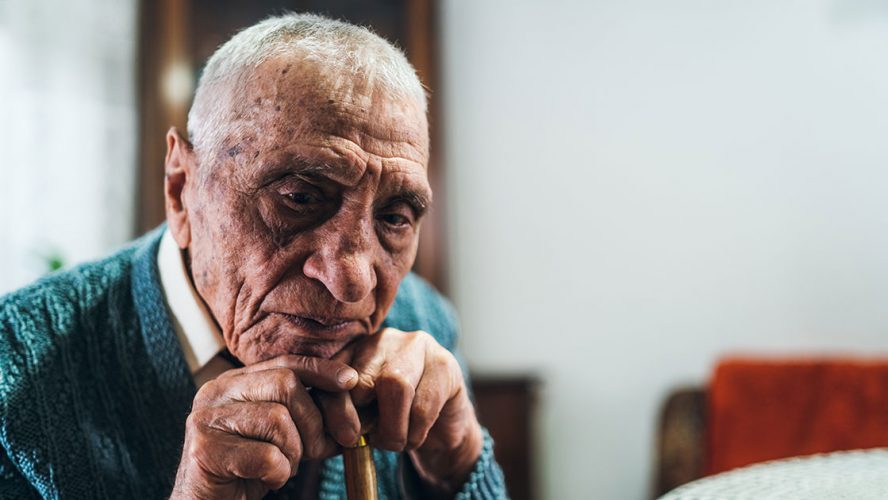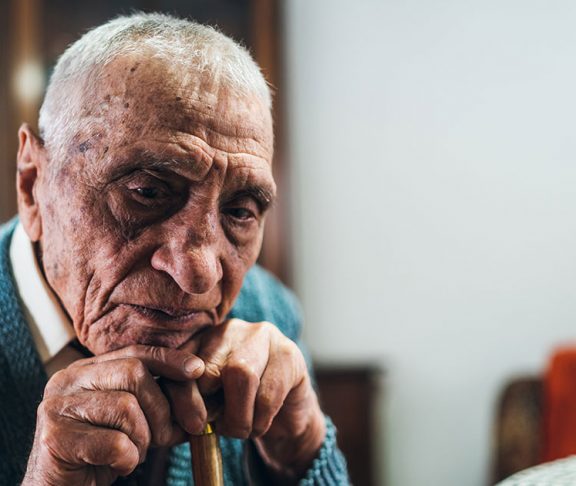Malnutrition among older adults is surprisingly common, and even more so during the pandemic. Luckily, there are resources available to fight this condition.
Could you or a loved one have poor nutrition and not even know it? Poor nutrition is also known as malnutrition, and one in two older adults are either malnourished or at risk for malnutrition.
Simply put, having malnutrition means you lack needed nutrients in your diet, such as enough protein or adequate calories. Risk factors include having other medical issues, problems caring for yourself, cognitive and mental health issues, and limited resources to buy food. And, with the COVID-19 pandemic, more older adults than ever before are at malnutrition risk because of social isolation.
Malnourished hospital patients have longer hospital stays and higher rates of hospital readmissions and prolonged recoveries. Disease-associated malnutrition in older adults costs taxpayers over $51.3 billion every year.
The good news is malnutrition can be prevented and treated with effective screening and nutrition intervention. The National Blueprint: Achieving Quality Malnutrition Care for Older Adults, 2020 Update is a newly-updated resource that provides strategies for older adults and their families and caregivers to address malnutrition.

